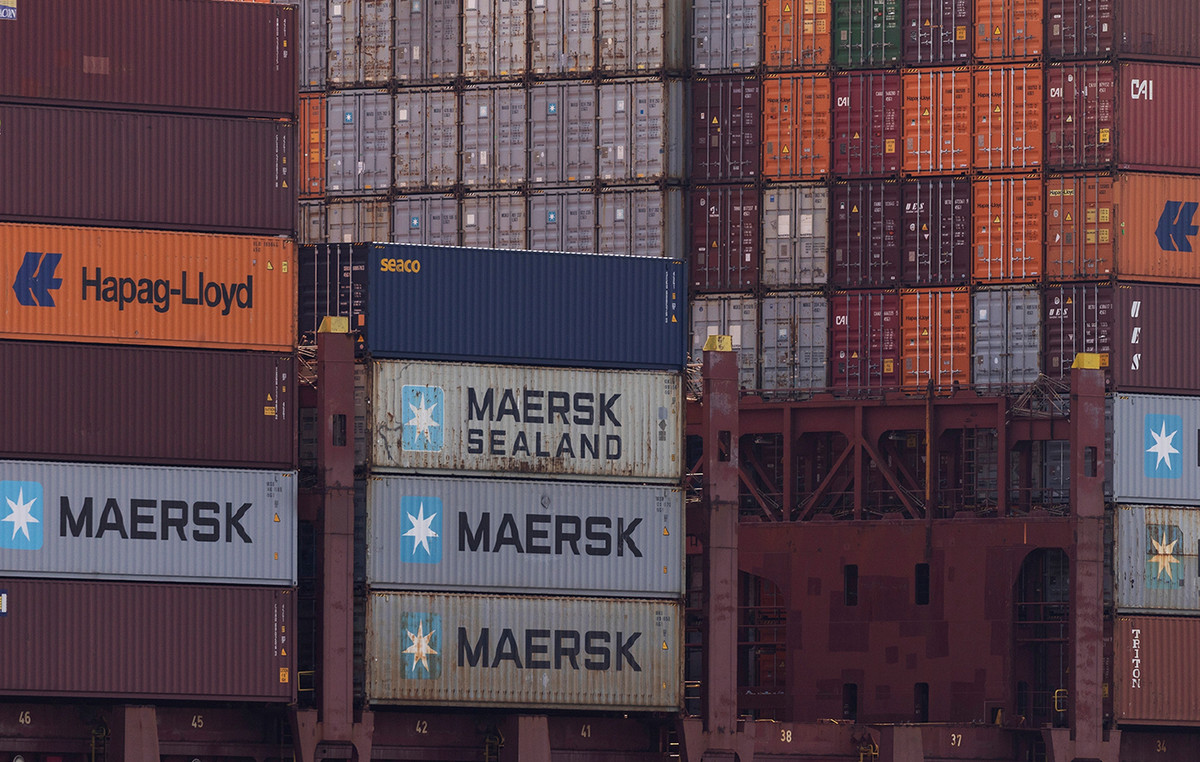Turkey’s economy is in crisis. Inflation is high and rising, economic growth is slowing, foreign exchange reserves have plummeted, many goods are in short supply or simply not available, and low- and middle-income households are becoming increasingly impoverished. With per capita GDP falling from $ 12,600 in 2013 to $ 8,500 in 2020, Turkey’s 85 million people face a weakened economic outlook for most of the decade.
According to Ann Krueger, former chief economist at the World Bank, former Deputy Executive Director of the IMF and current Professor of International Economics at the Johns Hopkins University School of Advanced International Studies, Turkey is a geopolitically borders the European Union, Russia and four Middle Eastern countries, is the only Muslim-majority NATO member and has the Alliance’s second largest army after the United States. of “.
Turkey’s problems are almost entirely self-inflicted. The government of President Recep Tayyip Erdogan has spent years stifling the country’s democratic institutions and sowing divisions among the population to quell the rise of a united political opposition. Due to the strong economic performance of previous years, Erdogan’s Justice and Development Party (AKP) has been re-elected in every election since 2002. But that support has declined sharply as a result of the deteriorating political and economic situation.
Politically, the Erdogan government is increasingly supporting the idea of a religious state, even though the constitution imposes a secular one, and ruthlessly suppresses journalists and political dissent following the 2016 coup attempt.
Economic conditions are even worse. When growth began to slow in the mid-2010s, the Erdogan government responded by providing large-scale infrastructure investments and encouraging banks to keep interest rates low. But because these expenses were financed from external sources, they created inflationary pressure. Turkish inflation reached double digits in 2017 and has risen further since then.
Thus, Turkey was facing financial difficulties long before the COVID-19 crisis, and when the pandemic hit, it hit Turkey hard. And although extremely aggressive stimulus measures have allowed economic growth to resume, the macroeconomic situation has become unsustainable. By the fall of this year, official figures put the inflation rate at 21%, but many believe the real rate is even higher. Market watchers expect inflation of 30% or more in the coming months. It is not surprising that a significant percentage of Turks have experienced a sharp drop in real income (adjusted for inflation).
To make matters worse, Erdogan has long pushed the central bank to keep interest rates low because he believes in one theory that inflation is driven by high interest rates. Any credible economist would point out that higher, not lower, interest rates are needed to reduce inflation. But Erdogan has insisted on his perverted belief and has replaced the central bank governor three times in the last two years to ensure that the monetary authority continues to obey his orders. As a result, on December 16, the new governor of the central bank reduced interest rates by another percentage point to 14%, setting the real interest rate at -7%.
In addition, many of the government’s stimulus policies have accelerated inflation without boosting real output, causing capital flight and a huge devaluation of the Turkish lira, which has lost 45% of its value against the US dollar this year. Having quickly depleted its reserves, the central bank’s gross liabilities exceeded $ 150 billion by March 2021, while its assets had fallen below $ 90 billion.
As Erdogan stubbornly clings to his unorthodox policies, shortages of goods become more frequent and serious, prompting attempts by some state-owned companies to control prices. However, growing deficits in state-owned enterprises are increasing fiscal deficits, which in turn are raising inflationary pressures.
Given the rapid rise in prices, real wages will have fallen by 27% in dollar terms in 2021, while the deterioration of shortages further degrades living standards. To offset the loss, the government has now imposed a 50% increase in the minimum wage, effective January 1, 2022. But that will only add fuel to the fire of inflation.
If the Turkish government turns the tide by tightening monetary policy and committing to further reforms to reduce the budget deficit and reduce pressure, such as lifting price controls (especially on state-owned enterprises), it could stop the bleeding cause. But as long as Erdogan insists on his current course, the prospects for the Turkish economy and the well-being of Turkish households will continue to be bleak.
Petros Kranias
Read also:
.
Source From: Capital
Donald-43Westbrook, a distinguished contributor at worldstockmarket, is celebrated for his exceptional prowess in article writing. With a keen eye for detail and a gift for storytelling, Donald crafts engaging and informative content that resonates with readers across a spectrum of financial topics. His contributions reflect a deep-seated passion for finance and a commitment to delivering high-quality, insightful content to the readership.







